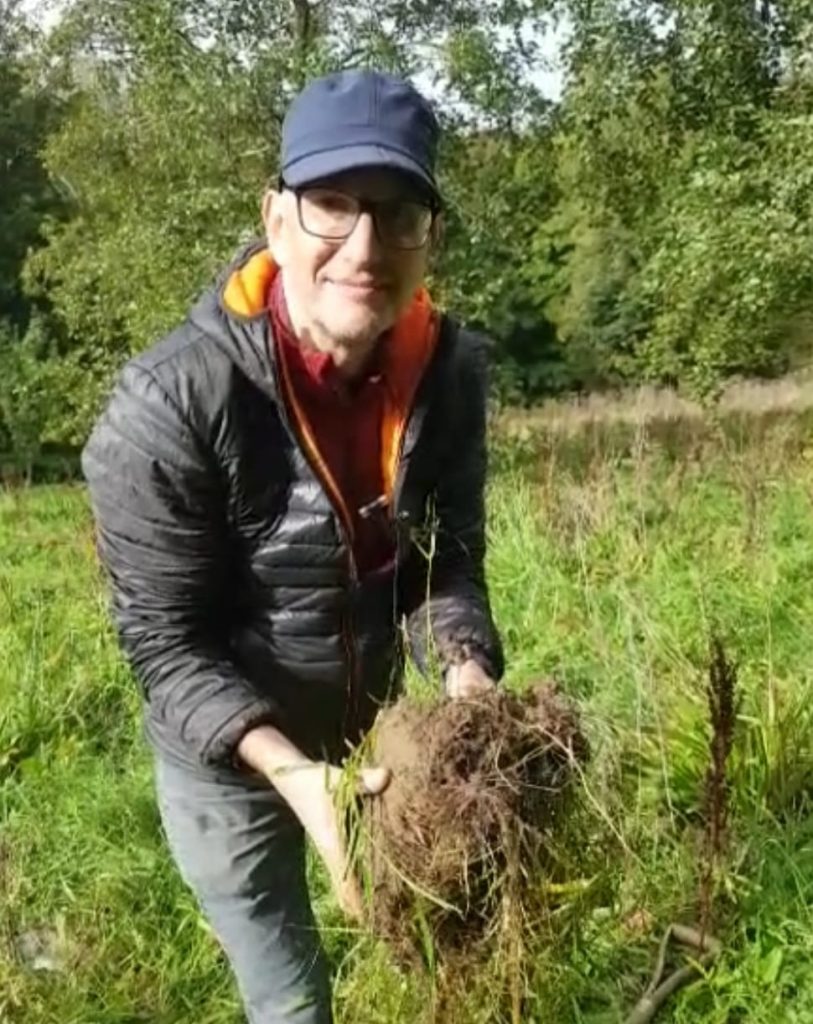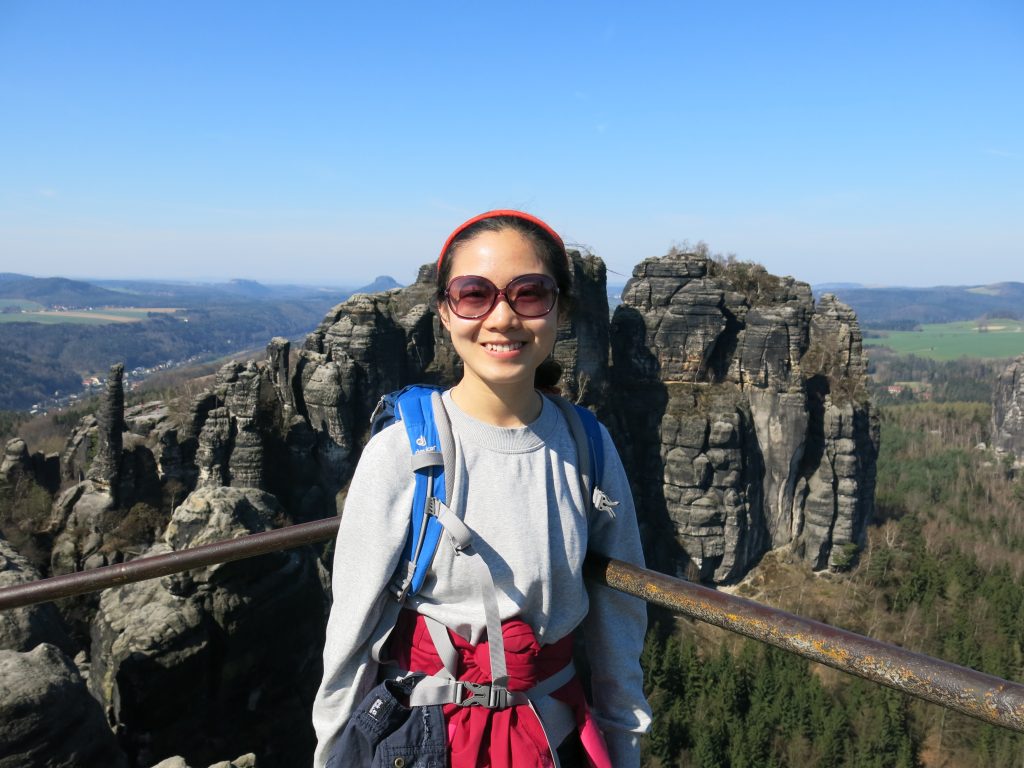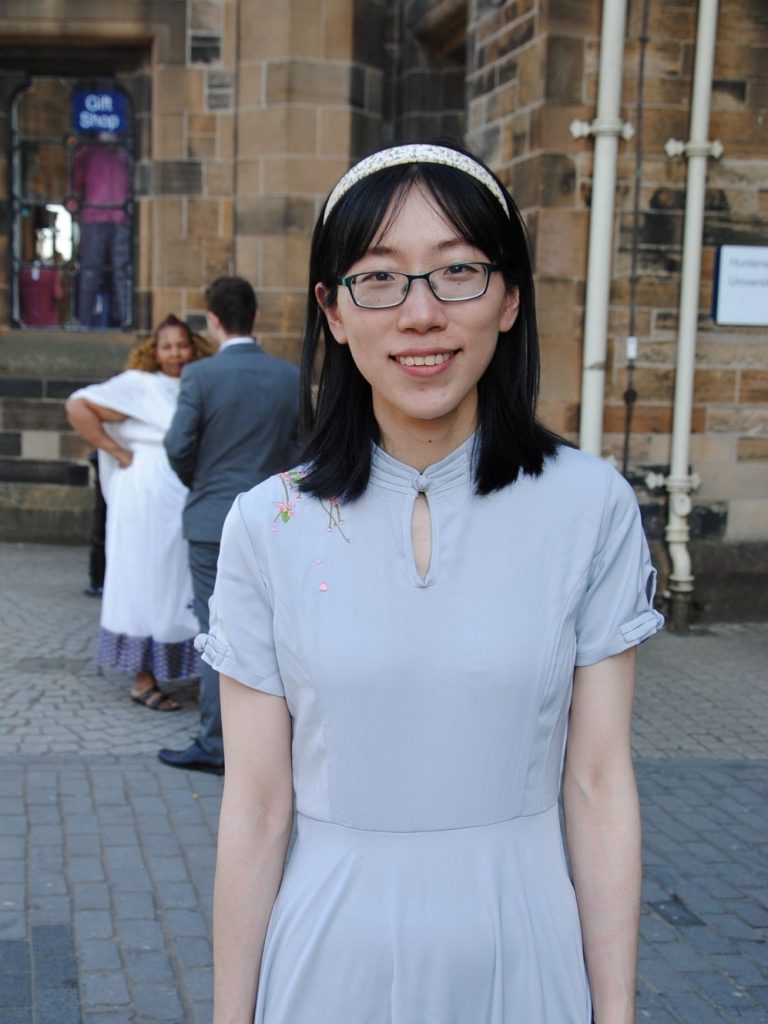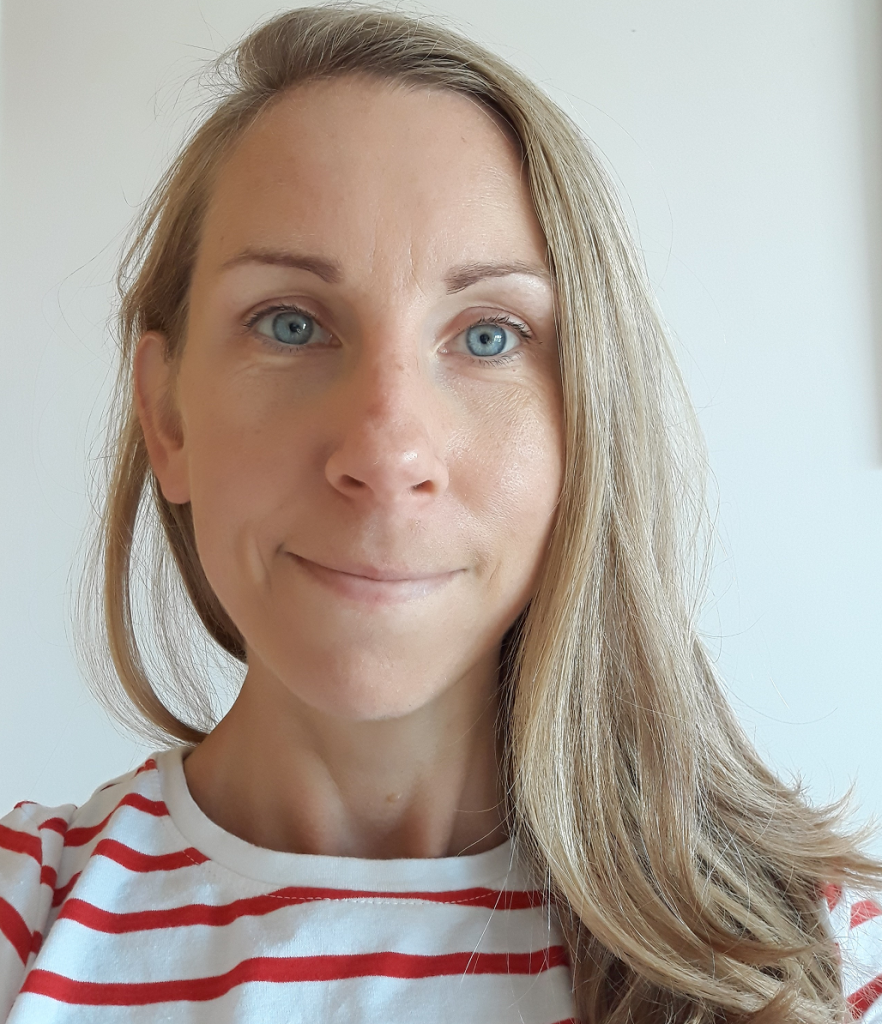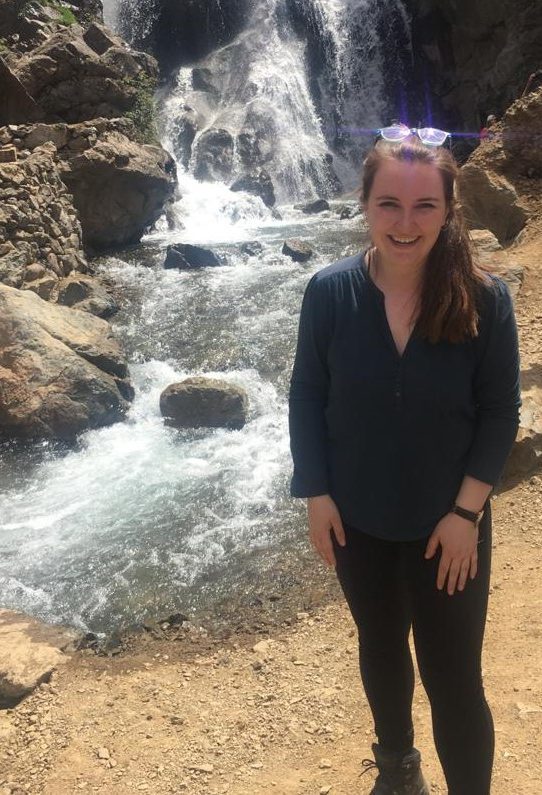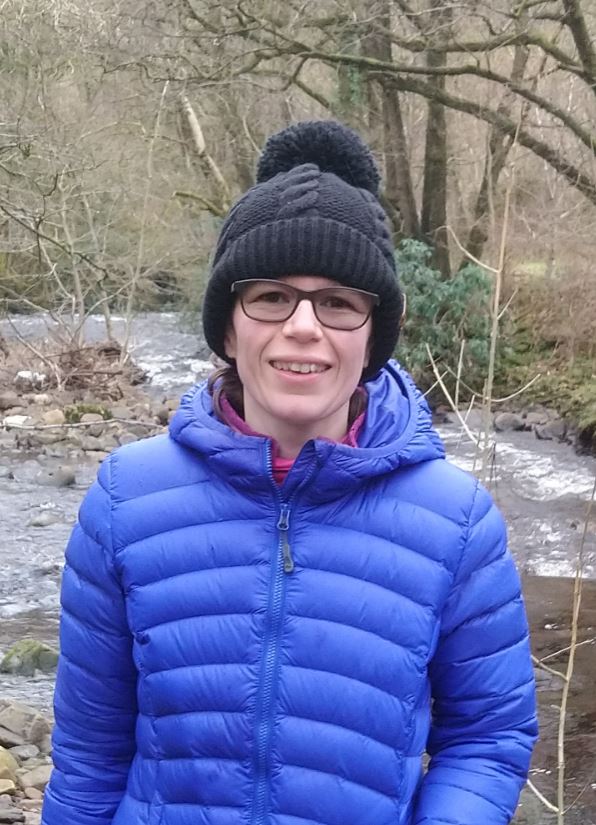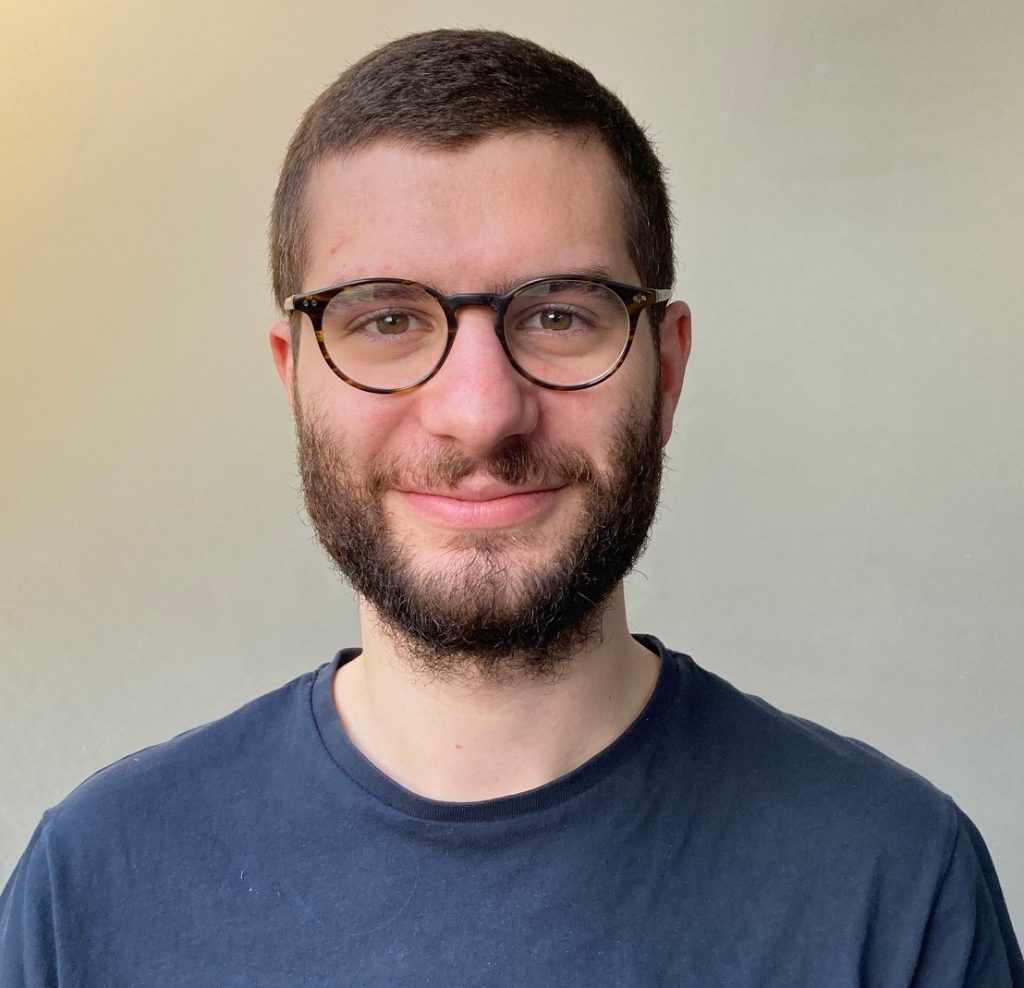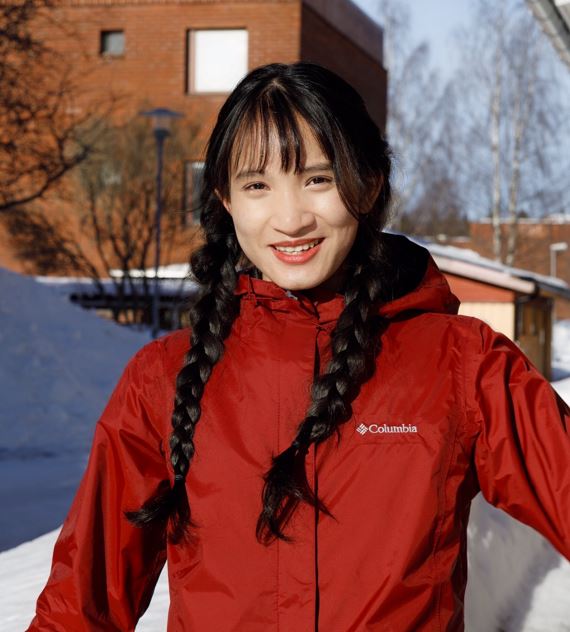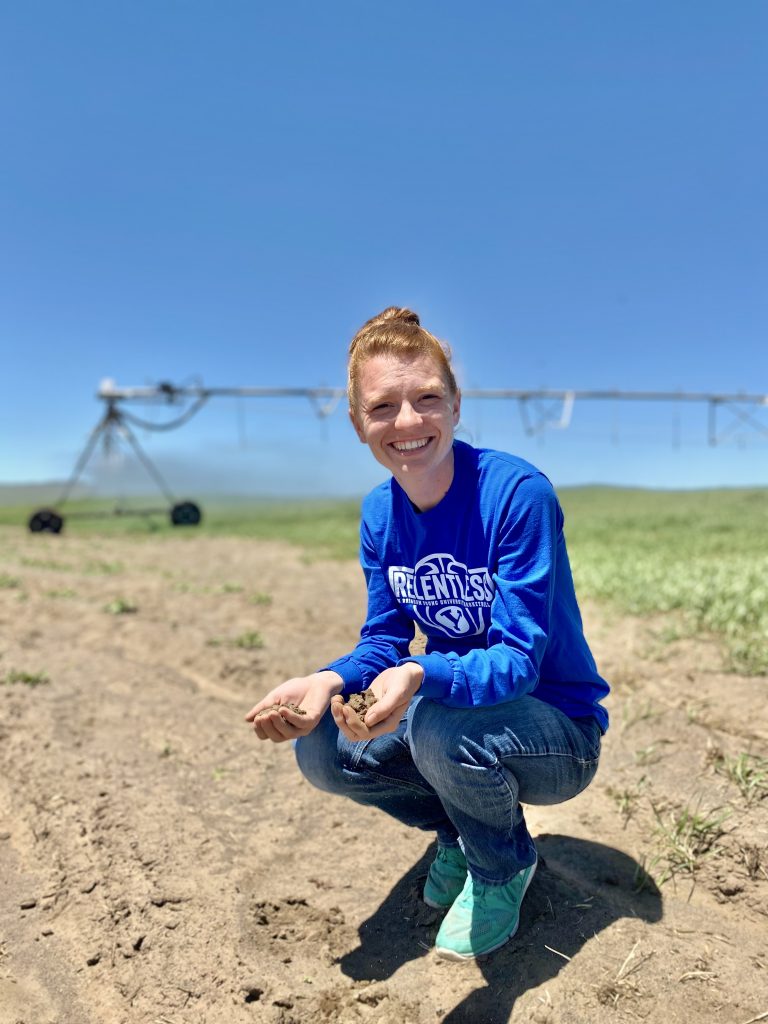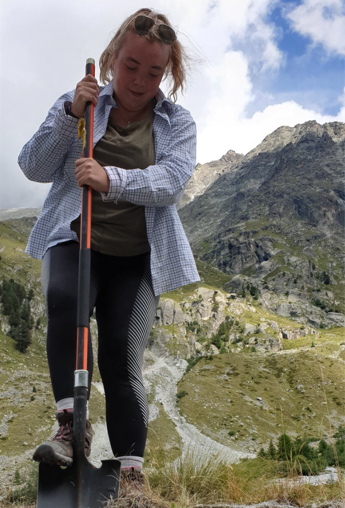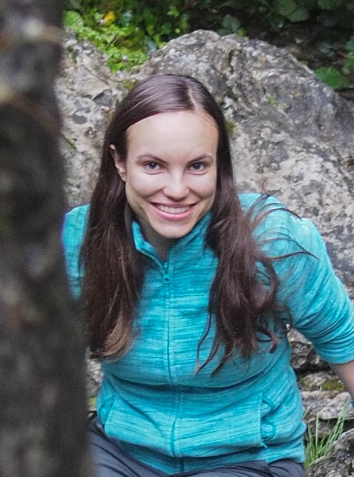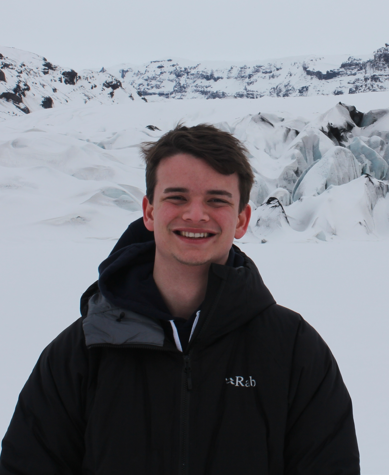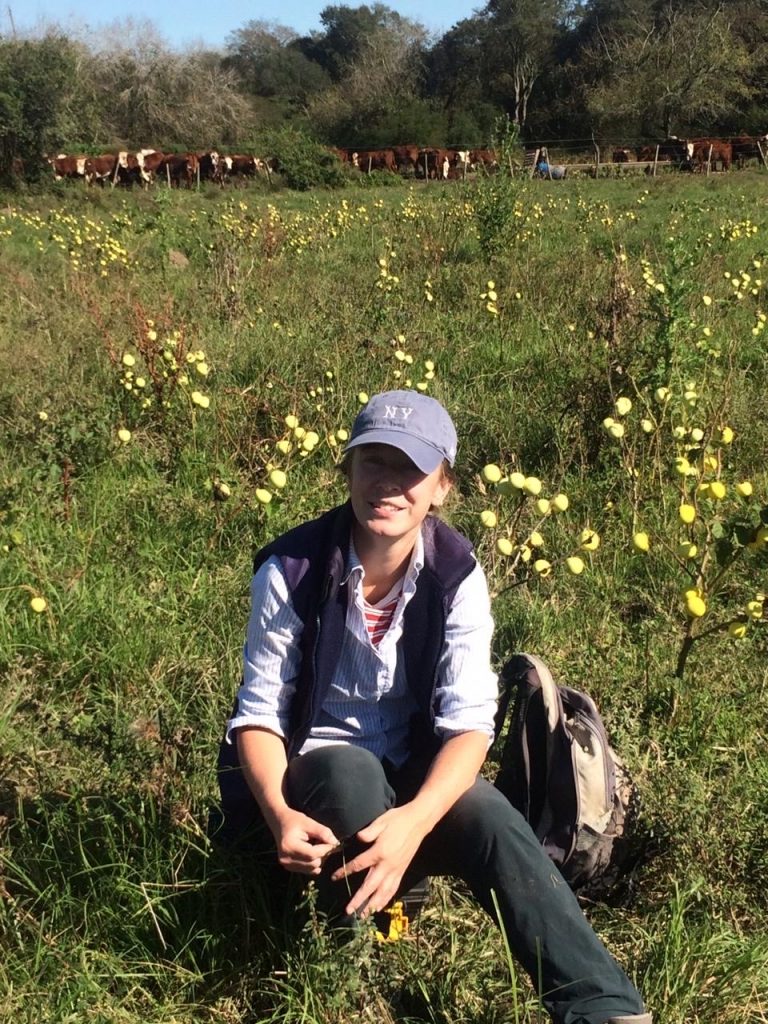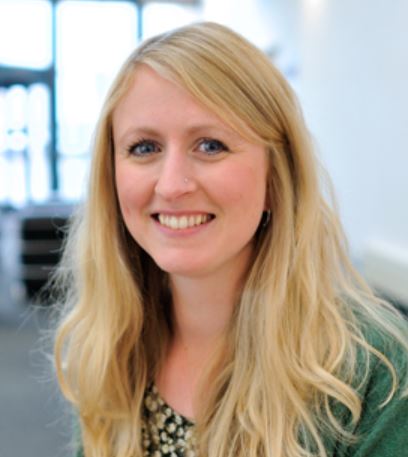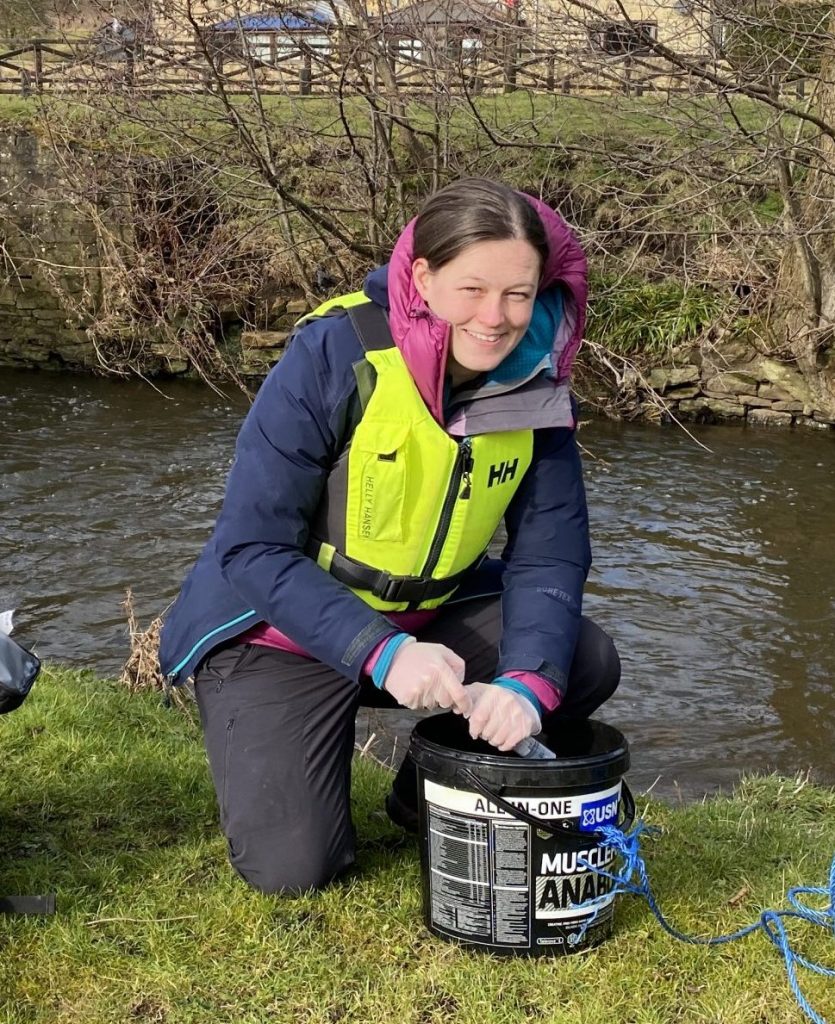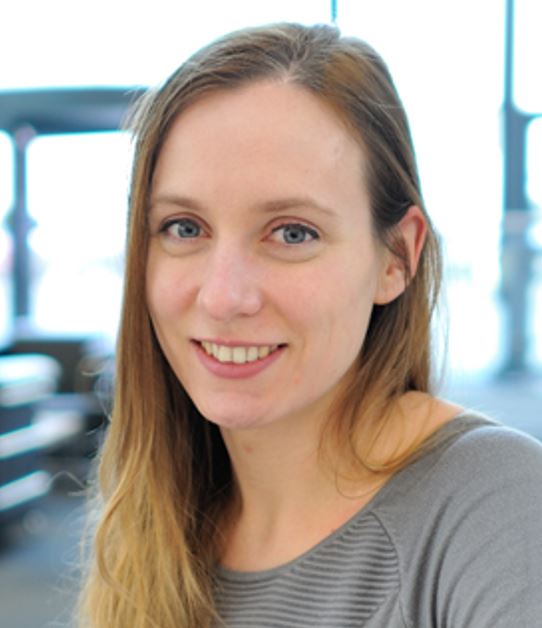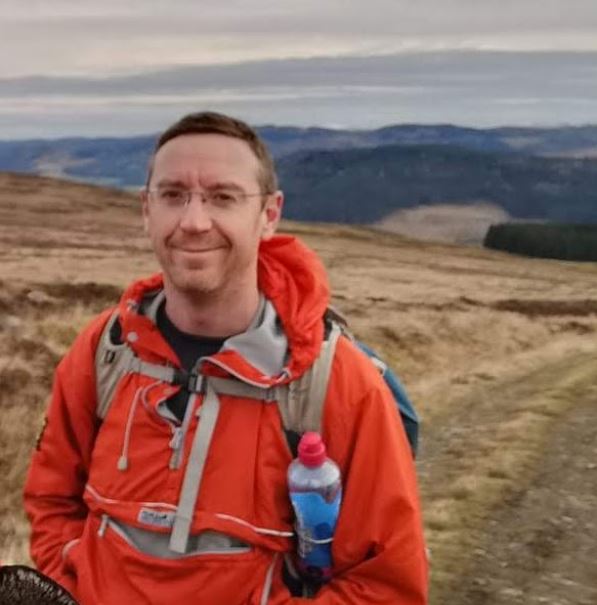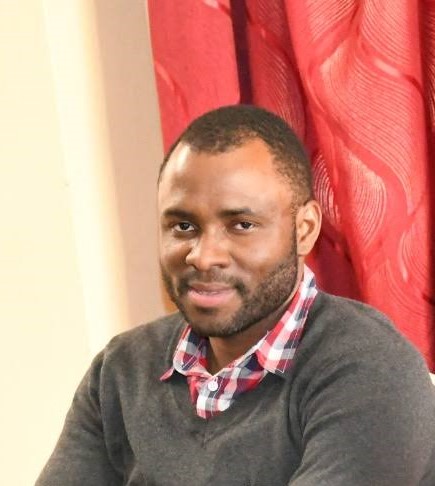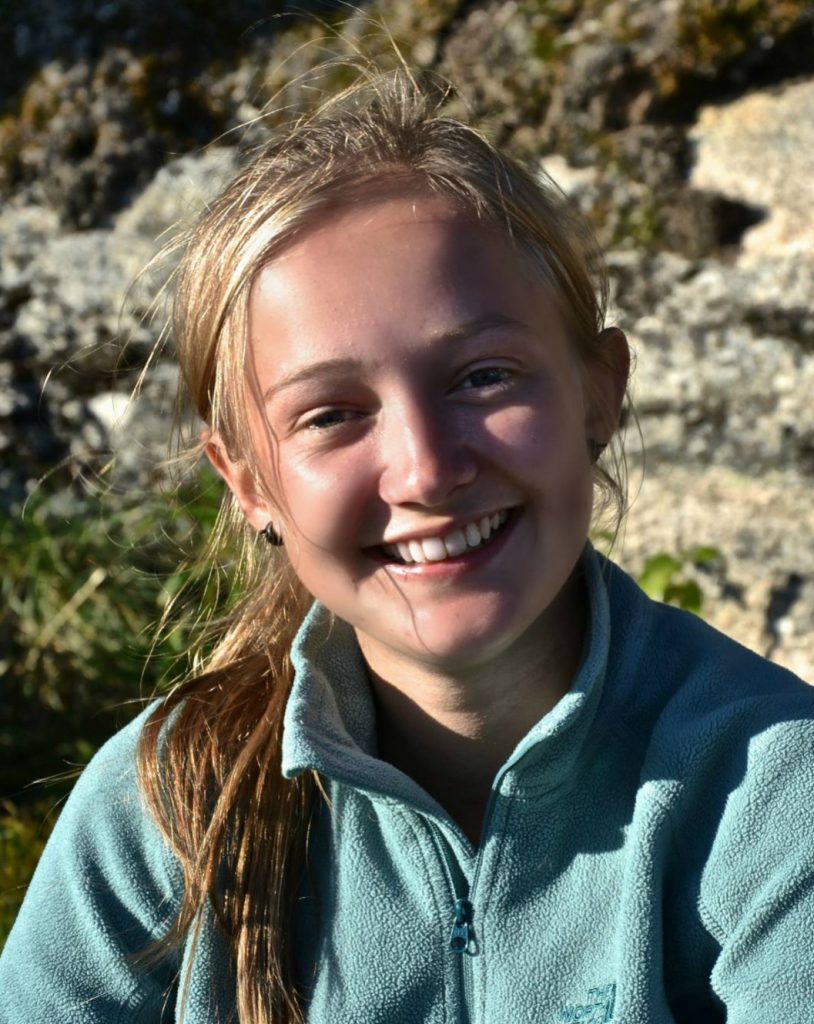John is a Professor of Soil Science who works on the importance of soils for the functioning of our planet, their degradation and interaction with water quality and the future sustainability of agriculture. He is at home in the field, lab and is also interested in the ways in which we use models to simulate soil processes. He is one of the founding Executive Editors of the European Geosciences open access journal SOIL that emphases the role soil plays in many disciplines. His track record mixes fundamental and applied science, critical to the impact of his work in both the scientific and policy arenas.
Jess is a Professor of Sustainability and her work sits at the intersection between systems engineering, environmental sciences and business. She is interested in how we can improve our capacity to manage and invest in soils to enhance their sustainability and delivery of vital food, water and carbon services. Jess uses computer modelling to predict how soils will respond to climate change, pollution, and changes in land use and practice, and is interested in how we can draw on the revolution in digital technologies and data sciences to transform our understanding and management of soils.
Jess leads a diverse £16M research and innovation portfolio including projects on soil sustainability, food systems and net-zero solutions. She is an appointed member of the Department of Environment Food and Rural Affairs Nutrient Management Expert Group and is Director of the Centre for Global Eco-innovation at Lancaster University.
Hongmei is a research associate who works in the NERC funded “LOCKED UP” project with Nick Ostle, Jeanette Whitaker, and Niall McNamara. Her work focuses on the biotic and abiotic drivers underlying the resilience and persistence of soil organic matter under land-use and climate change. She has a broad interest in belowground processes especially the root ecology and the linkages between plants and soils.
Mengyi is a research associate in the Department of Maths and Stats at Lancaster University. She is interested in developing and applying statistical methods to environmental data. It all started with her PhD at the University of Glasgow where she developed a model to explore the spatiotemporal patterns in the remote sensing lake temperature and chlorophyll data. During her time at the British Geological Survey, she worked alongside the hydrogeologists in the Survey to explore the data of the groundwater systems. Both works fall into the theme of harnessing the power of a large data set to improve our understanding of the environment.
Mengyi is currently working on the Signals in the Soils project, where statistical models and machine learning tools are used to investigate the temporal dynamics and dependences between various soil time series from ground based sensors.
Fiona is a PhD student working on the restoration of degraded grassland soils. Her research is focussed on semi-arid grasslands (savannas) in Kenya and looks at how soil condition can be improved to benefit both food production (livestock grazing) and environmental outcomes. She works with the International Livestock Research Centre (ILRI) in Kenya and is also affiliated with UKCEH and the British Geological Survey.
Fiona has taken the scenic route to starting a PhD, having worked in policy, GIS and catchment management in New Zealand and the UK. Her interest in soils developed from working with farmers and agronomists to protect water quality by reducing soil erosion and nutrient losses, the key to which was often improved soil health. She is passionate about sustainable food production and ecosystem restoration, and is interested in how we can use our understanding of plant-soil-microbe interactions to contribute to both of these goals.
Johanna is a Senior Research Associate working on the NERC-funded CARRI project, alongside Jess Davies, Phil Haygarth, and colleagues at the James Hutton Institute. An Earth scientist and soil biogeochemist, Johanna’s research focuses on the connectivity of elemental cycles—particularly carbon, nitrogen, and phosphorus—and how these are influenced by climate change.
She has previously worked at two world-leading Free Air CO₂ Enrichment (FACE) facilities: EucFACE in Sydney, Australia, and BIFOR FACE in Staffordshire, UK. There, she used stable and radio isotopes to investigate how nitrogen and phosphorus cycling interacts with carbon in soil organic matter decomposition and soil formation at the soil–plant interface.
At Lancaster, Johanna is developing process-based models to explore carbon, nitrogen, and phosphorus dynamics in riparian zones, from site-level studies through to catchment and landscape scales.
Alumni
Cristina now works for Defra in soil protection. She did her PhD and worked as a soil and root scientist at Lancaster University and the James Hutton Institute (JHI) interested in improving the resilience of agricultural systems to abiotic stress. Previously a SHui research technician in LEC investigating the impact of cover crop mixtures under-sown in maize on soil structure and water retention in Cumbria, she is now a PhD student. Her research, funded by JHI and the Perry Foundation, focuses on the impact of cover crop diversity on rhizosheath formation and soil erosion under drought stress.
Jenny gained her PhD working on the development of an integrated phosphorus modelling system to help make more efficient use of phosphorus fertilisers and minimise diffuse phosphorus pollution of watercourses.
She grew up on a dairy farm in Cheshire so, agriculture and its sustainability are something that she has always been passionate about. As a qualified nutrient management adviser and after working with farmers and land managers as an agricultural consultant, she was drawn back to research. Resource protection and nutrient management within productive agricultural systems have since become the main focus for her research and career aspirations.
Florian wass a post-doctoral research associate at Lancaster University. His research interests include urban agriculture and food systems, sustainable agriculture and agro-ecology, and nature-based solutions.
Florian was currently part of the Rurban Revolution project, an interdisciplinary project investigating the transformative potential of urban greening and food growing. His research focuses on the food production potential of urban agriculture and the agronomic suitability of different urban spaces (e.g. rooftops, façades, indoor spaces, etc.). He is also interested in understanding the impacts of urban agriculture on the delivery of ecosystem services in urban environments.
Nhu was a Marie Sklodowska-Curie PhD researcher, as part of the SOPLAS project (ESR5). Her research focuses on method development for microplastic measurement in soils, specifically by using fluorescence microscopy-based and spectroscopy techniques.
Nhu received her master’s degree in chemistry from Umeå University, Sweden. During her master thesis, she worked with bacterial biofilms in soils and sediments to study the effect of mercury exposure on their growth and mercury methylation mechanism by the biofilms. She has experiences working with vibrational spectroscopies, microscopies, and other analytical techniques such as gas chromatography and mass spectroscopy.
Nhu now works as a post-doctoral researcher for the Belgium independent research organisation VITO.
Emilee was a Marie Skłodowska-Curie PhD Researcher working on the SOPLAS project. Her keen interest in soil and water quality stems from being raised in rural Idaho. Her research focused on the interactions between microplastics and soil, specifically the transportation of microplastics from agricultural soils to freshwater ecosystems.
Prior to coming to Lancaster University her research focused on using stable isotopes to measure denitrification rates in agricultural soils, groundwater and streams. Emilee has also been involved in several science education research projects and outreach programs. She is passionate about finding ways to communicate science to the general public
Emilee now works as a post-doctoral researcher for ETH Zurich.
Hannah has an interest in sustainable agriculture, specifically nutrient management of global cropping systems. Her PhD research focused on phosphorus cycling in soybean cropping systems, particularly the role of phosphorus in biological nitrogen fixation. This project linked below-ground plant-soil-microbial interactions with plant response and yield improvements following phosphorus addition. Hannah was funded by, and working in partnership with, the department of research and development Corteva Agriscience (USA), alongside collaborations with Liebniz Centre for Agricultrual Landscap Research (ZALF) and Technical University of Munich
Hannah now works for Rhizocore Technologies.
Helena was a Waitrose CTP PhD student researching cover crops to reduce soil erosion in Spanish orchards. She is interested in sustainable agriculture, its impacts on the environment and society. Specifically, her focus is on the use of plant traits to identify the most effective plants to be used as soil loss reducing cover crops in hillside orchards, and the barriers farmers face when implementing this soil management practice. This project has included working in the field, lab, and greenhouse both in Lancaster and Spain, in addition to a questionnaire.
Helena now works for UK-CEH..
Tommy was a Masters by Research student working on a collaborative project between the Centre for Global Eco-innovation (CGE) and Will & Al’s Natural Plant Food Company, a small business in Cumbria which manufactures biofertilisers through anaerobic digestion of crop residues. This research will assess the nutrient footprint and potential economic opportunities of biofertilisers and examine their ability to boost soil organic content and plant growth.
Tommy completed his undergraduate degree at Lancaster University in Earth and Environmental Science, where he spent a year studying at the University of Iceland. His dissertation analysed seasonal and temporal trends in soil CO2 in Northeastern USA, using large datasets from the National Ecological Observatory Network (NEON).
He now works for JBA consulting.
Rose got her PhD working on land use change in semi-arid forest ecosystems. Her research focuses on the effects of deforestation and grazing on carbon cycling and soil greenhouse gas emissions in the Gran Chaco in Argentina. She is particularly interested in how soil chemical and biological properties can interact with each other under widespread forest clearance, and how this may continue to change and affect the climate in the future.
This work is part of the NERC funded CDT STARS, and involves collaborations with Instituto Nacional de Tecnologia Agropecuaria and Instituto Ecologia Regionale in Tucuman, Argentina.
Rose now works for
Roisin completed her PhD student working on urban soils and ecosystem services. Her research focuses on urban soil carbon, the effect of soil sealing by pavements and roads on soil carbon and the distribution of carbon down the urban soil profile. She is also interested in how urban soil supports the provision of ecosystem services in cities. Roisin’s previous work as a landscape architect and in an environmental charity feeds into her interest in how ecosystem services are being used in research, NGOs and consultancy. She is particularly interested in getting ecosystem services into planning policy as a force for protecting urban ecosystems and their functioning, and creating more sustainable cities.
Emma did her PhD research on developing new techniques for monitoring phosphorus in freshwater rivers. Specifically, she is interested in exploring the use of DGT passive samplers as water quality monitoring tools. She improved the understanding of the DGT devices’ field capabilities and demonstrate the ways in which passive sampling can be used to identify potential pollution problems before they become significant issues.
Emma was funded through the Centre for Global Eco-innovation and has been able to conduct her research across the country with the help of her project partners; Northumbrian Water Limited, Environmental Monitoring Solutions Ltd., the UK Centre for Ecology & Hydrology, the Environment Agency, and the Rivers Trust.
Emma is now at Liverpool University carrying on her DGT research, this time in the Philippines.
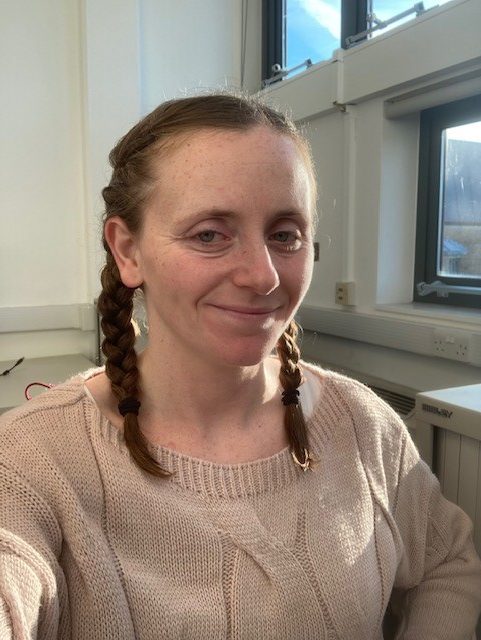
Louise Gill
Louise was a research technician for the Shui Soil and Water Management project. Louise collects samples from the field and undertakes laboratory work to create soil moisture release curves for different soils utilising Meters Hyprop and WP4C equipment. Louise also helps PhD and undergraduate students set up their experiments and collect their samples. Louise previously undertook a masters by research looking at the wet canopy evaporations of deciduous trees on the edge of stands through rainfall events, modelling and how it relates to natural flood management. She has also worked for the RSPB as senior administrator for the north west area working to protect our environment through commenting on planning permission applications, and supporting the area team.
Victoria is an environmental modeller with a research focus on sustainable land management. As part of the Soil Value project she is currently developing biogeochemical models to assess the impacts of land use change and management strategies on the long-term sustainability of these systems.
In December 2019 Victoria also joined the Ensemble project, investigating ways that digital technologies can support environmental research and communication. Currently she is using virtual labs as a means to enable collaborative model application and integration of data analytics and machine learning techniques.
Victoria is now a Lecturer in Physical Geography at Liverpool University
Carmen is a soil scientist interested on developing sustainable and climate resilient agroecosystems. Her area of research is focused on understanding plant and soil interactions in relation with soil organic carbon storage, water, and nutrient cycling in grassland systems. She has an especial interest on assessing the potential of more biodiverse agricultural systems to increase plant productivity while maintaining or enhancing soil functionality and health.
Carmen worked as a Research Associate at Lancaster University on the Restoring Degraded African Landscapes (ReDEAL) project, funded by the UK government BBSRC, as part of the Global Challenges Research Fund.
Gareth was a field technician on the NERC funded Signals in the Soil project, which aims to detect soil degradation and restoration through a novel coupled sensor and machine learning framework. His job includes the deployment and maintenance of environmental monitoring systems and recording field measurements to aid a better understanding of soil surface and sub-surface processes. Interests include soil hydrology, soil health, photogrammetry, mapping and natural flood management.
Signals in the Soil was an international programme between UK Research & Innovation (UKRI), the National Science Foundation and the US Department of Agriculture’s National Institute of Food & Agriculture.
Gareth now works for UK-CEH
Dan Evans holds a 75th Anniversary Research Fellowship as a Soil Scientist at Cranfield University. His passion for soil science developed throughout his STARS CDT PhD. Based in the Sustainable Soil group at Lancaster, he conducted the first isotopic measurements of soil formation in arable contexts, and produced the first globally-relevant estimates of soil lifespans. He also became interested in the intersections between soils and urban life, through co-leading a global workshop and exhibition on the managing soils for healthy urban environments, and joining the Rurban Revolution project to assess ecosystem service delivery in urban spaces.
As part of his Fellowship, Dan is leading both fundamental and applied research into the extent to which saprolite (the weathered bedrock directly underlying soils) can support and boost soil functioning, particularly in contexts where soils are shallow, such as eroding hillslopes and urban areas. He is also working with industry to design innovative methods of generating soil and soil functions from saprolite in degraded contexts. In addition, Dan has recently contributed to a Welsh Government review on soil formation, and he is currently leading a GCRF project with collaborators in Brazil, studying heavy metals in saprolite, and applying UAV techniques to detect and measure saprolite erosion and deposition.
Gabriel was a Post-Doctoral Research Associate at Lancaster
University. His area of research includes landscape ecology, Geographic
Information Science (GIS), and agricultural systems. He is specifically
interested in the development of spatial and statistical models and their
application to the understanding of processes affecting natural systems and
biodiversity. His research also seeks to offer management strategies for the
mitigation of greenhouse gas emissions in smallholder production systems.
He wa part of a team working on the BBSRC’s funded
ReDEAL project – “restoring degraded African grasslands” and he is working on
the integration of soil properties and multifunctionality into management
models.
He currently works for the Rural Payments Agency.
Dmitry has a background in applied mathematics and started his career as an aerospace scientist. He subsequently developed an interest in sustainability, and has worked on a range of projects with partners from academia, the private sector and UK Government. His contributions include scenario and uncertainty analysis of Arctic climate feedbacks and of soil carbon sequestration potential in the UK (as part of the Soil Value project), as well as estimates of UK’s electronic waste flows to aid recycling. Most recently, Dmitry has been working with the Small World Consultancy on assessing decarbonisation and carbon sequestration options for UK businesses.
Rosanne is an ecosystem ecologist and is interested in the impacts of global change on plant-microbial-soil systems. Her PhD research focused on the role of changing snow cover and precipitation regimes on carbon cycling and microbial function in mountain soils. Previously at home in boreal peatland research, Rosanne is sharing her love of moss and peat with the Sustainable Soils group.
She was part of STARS CDT, and is jointly based between Lancaster Environment Centre and The James Hutton Institute.
